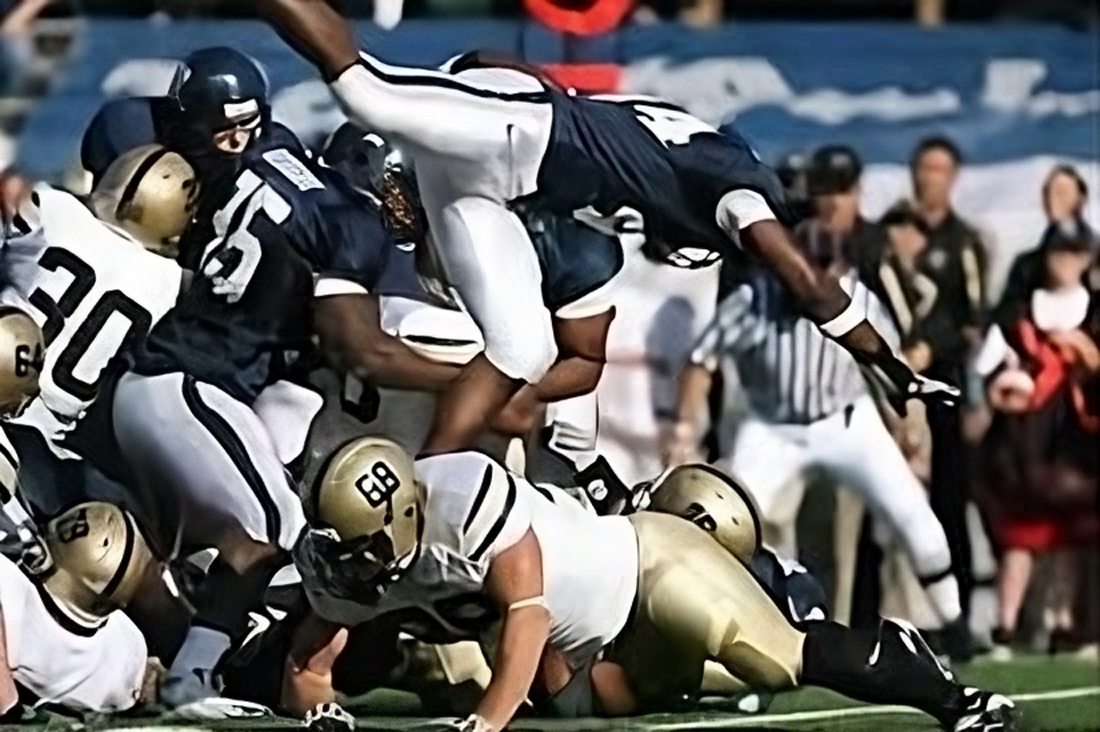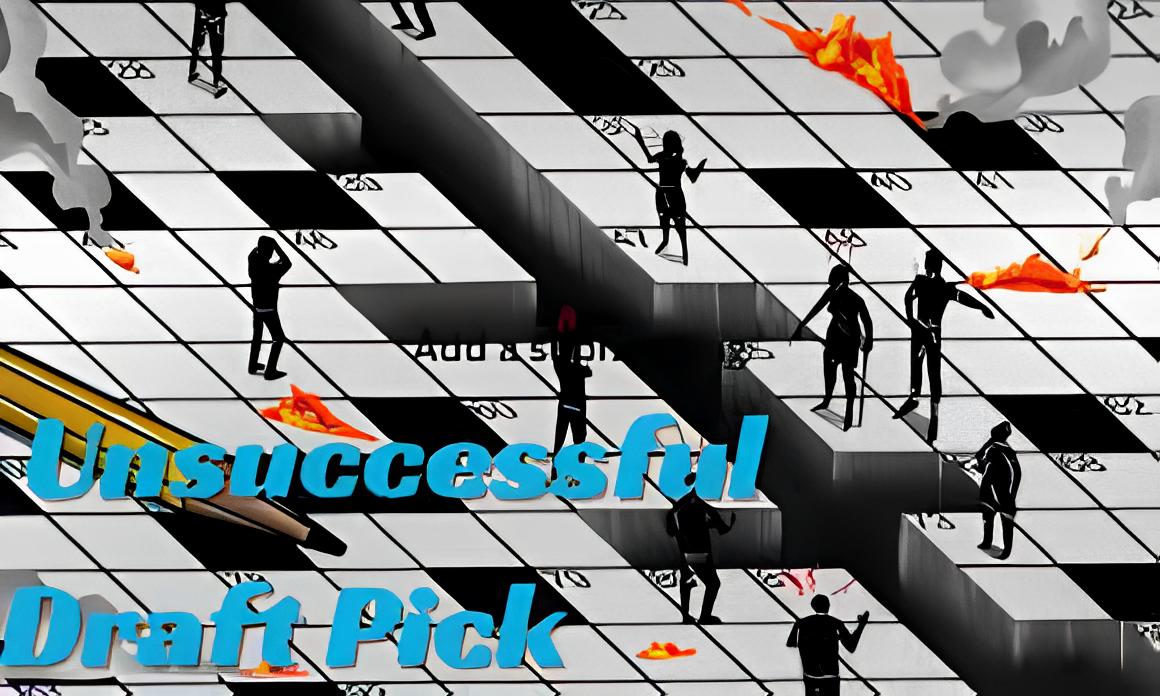Introduction
Draft day in professional sports is often filled with excitement and anticipation. Teams meticulously evaluate prospects, hoping to secure the next superstar who will lead them to victory. However, not every draft pick pans out as expected. In this article, we’ll delve into the topic of unsuccessful draft pick and the valuable lessons we can learn from these mistakes.
Common Reasons for Unsuccessful Draft Picks
Lack of thorough scouting
One of the primary reasons for unsuccessful draft picks is a lack of thorough scouting. Teams may focus too heavily on a player’s statistics or physical attributes without fully understanding their skill set or potential fit within the team’s system.
Ignoring character issues
Character matters just as much as talent when it comes to drafting players. Ignoring red flags or character concerns can lead to disastrous outcomes, as players who lack integrity or work ethic may struggle to perform at the professional level.
Poor fit with team culture
Team chemistry and culture play a significant role in success on the field. Drafting a player who doesn’t align with the team’s values or style of play can disrupt locker room dynamics and hinder performance.
Overemphasis on physical attributes
While athleticism is undoubtedly important, focusing solely on physical attributes can be misleading. Players who lack technical skills or football IQ may fail to translate their physical gifts into on-field success.
Case Studies of Unsuccessful Draft Picks

Example 1: Football
In the NFL, countless highly touted prospects have failed to live up to expectations. One notable example is quarterback JaMarcus Russell, who was selected first overall by the Oakland Raiders in 2007. Despite his impressive size and arm strength, Russell struggled with accuracy and work ethic issues, ultimately becoming one of the biggest draft busts in league history.
Example 2: Basketball
In the NBA, draft busts are equally common. Anthony Bennett, the first overall pick in the 2013 draft, failed to make a significant impact in the league despite his raw talent. Poor conditioning and lack of motivation hindered Bennett’s development, leading to a swift decline in his career.
Example 3: Baseball
Even in baseball, where prospects have more time to develop in the minor leagues, draft busts occur. Brien Taylor, the first overall pick in the 1991 MLB draft, never reached the majors due to injuries and off-field issues. His story serves as a cautionary tale about the unpredictability of young talent.
Impact of Unsuccessful Draft Picks

Financial implications
Drafting a bust can have significant financial consequences for a sports franchise. Teams invest millions of dollars in signing bonuses and contracts for top picks, only to see their investment go to waste if the player fails to perform.
Team morale and fan confidence
The failure of a high-profile draft pick can also impact team morale and fan confidence. Disappointed fans may lose faith in the organization’s decision-making abilities, leading to decreased attendance and revenue.
Learning from Mistakes
Importance of self-assessment
In order to avoid repeating past mistakes, teams must engage in honest self-assessment. This includes evaluating their scouting process, identifying areas for improvement, and learning from past missteps.
Adapting scouting strategies
The world of sports is constantly evolving, and scouting strategies must evolve with it. Teams must be willing to adapt to changes in the game, whether it’s the rise of analytics or shifts in playing styles.
Prioritizing character and fit
Above all, teams must prioritize character and fit when evaluating draft prospects. A player’s talent is important, but it means little if they can’t mesh with the team culture or uphold the organization’s values.
Success Stories of Redemption
Players who overcame initial setbacks
Despite facing adversity early in their careers, some players go on to achieve greatness. Tom Brady, famously drafted in the sixth round of the NFL draft, is a prime example of resilience and perseverance paying off.
Organizations that improved their drafting process
Similarly, organizations can learn from past mistakes and improve their drafting process. The New England Patriots, under the leadership of head coach Bill Belichick, have consistently found success in the draft by prioritizing versatility and football IQ over raw athleticism.
Conclusion
Unsuccessful draft picks are an inevitable part of professional sports, but they also present valuable learning opportunities. By examining the common reasons for draft busts, evaluating their impact, and learning from past mistakes, teams can improve their drafting process and set themselves up for long-term success.
Our Other Articles:
Kecveto: Elevating Wellness and Lifestyle Experiences
